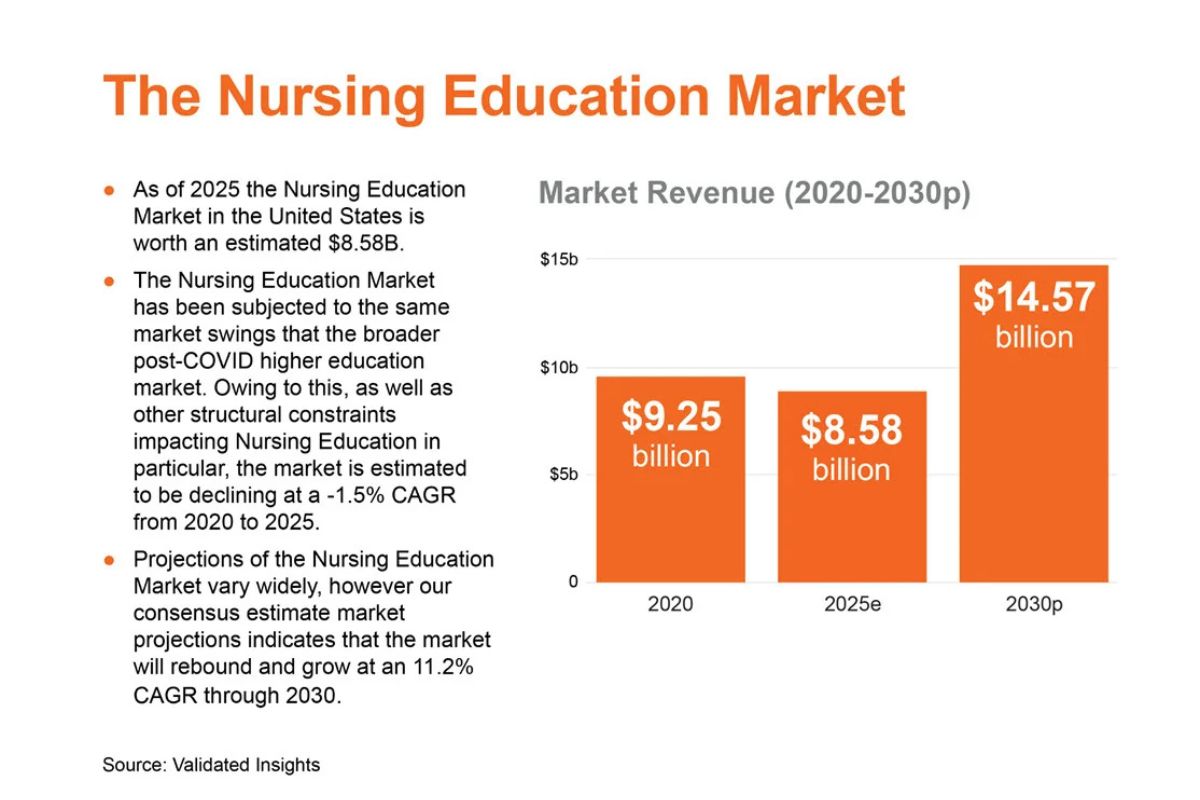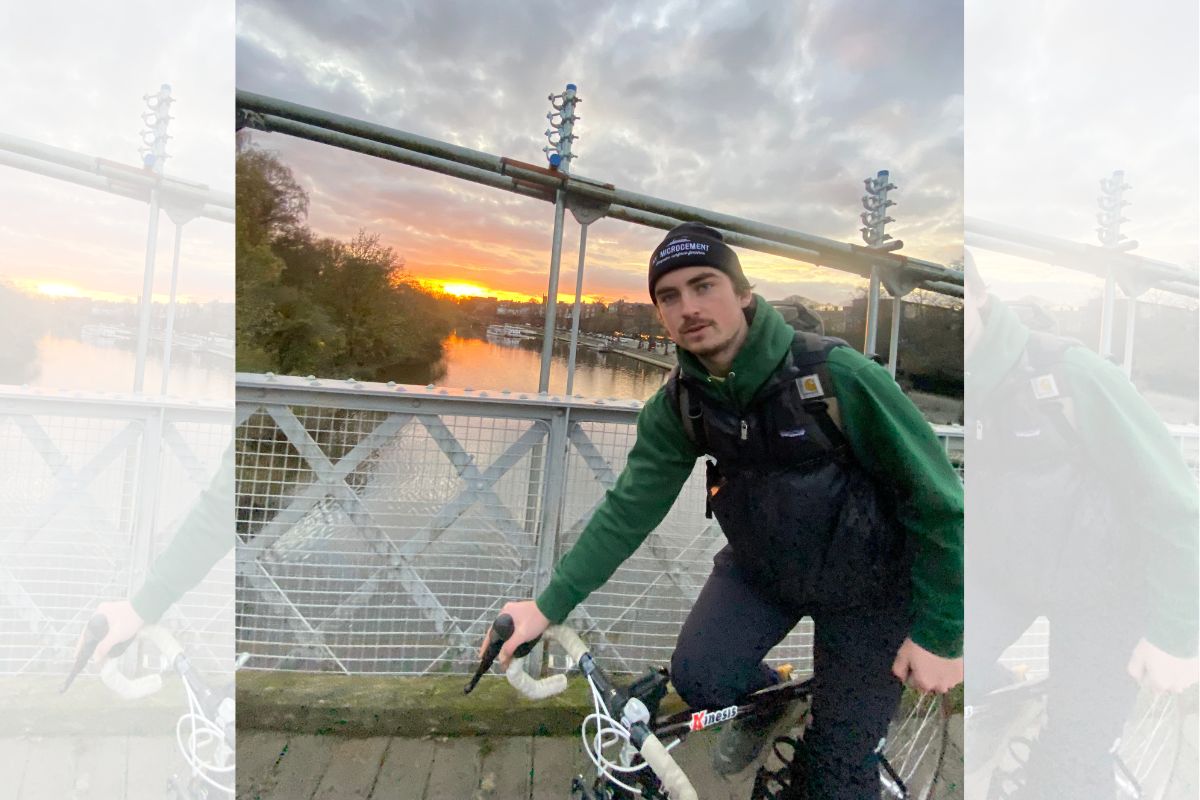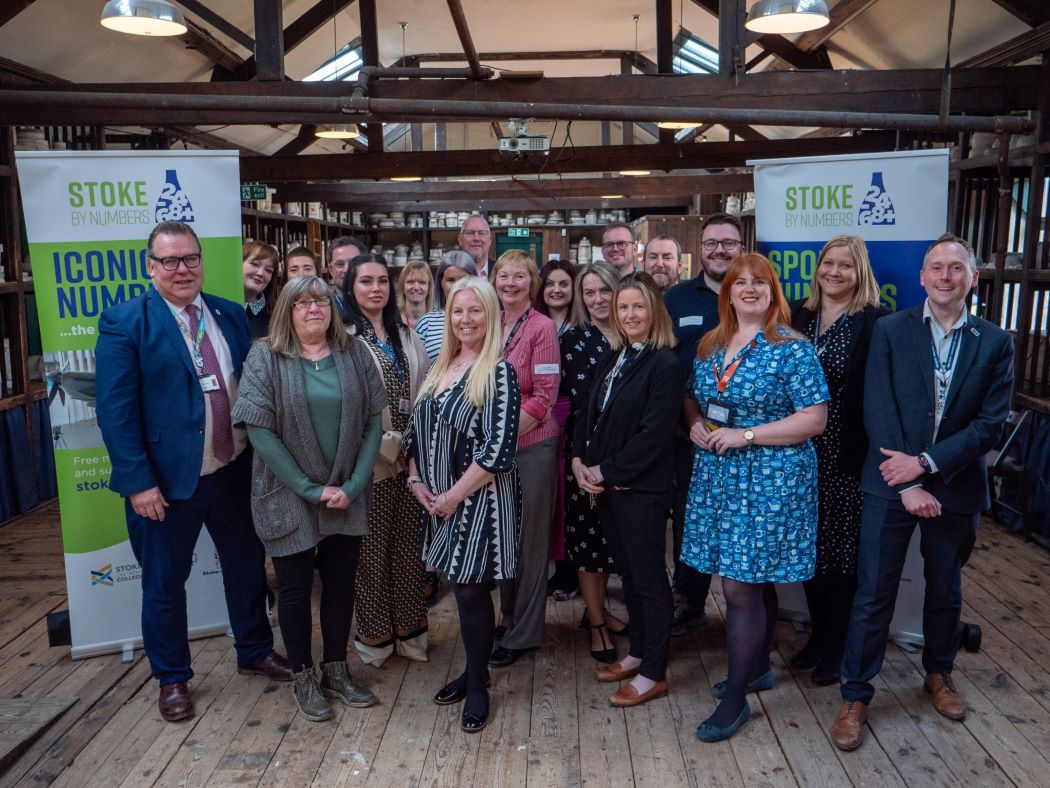The Value of Overseas Study Trips

Study trips are often one of the first things in the school, college and university budgets that get scrapped when there is a drop in funding. Petra Albrecht, Head of Diversity Study Trips, shares how the cost-of-living crisis has exacerbated this issue further, and why the Government and the private sector need to help widen access to these highly valuable educational opportunities.
The Current Landscape
We are two months out from the next academic year. Decision-makers at schools, colleges and universities across the country will be finalising their plans for trip opportunities while parents (and students) will be starting to save up so they can go.
But the number of students that can access these types of opportunities, whether that be from schools offering them in the first place, or parents being able to afford it, continues to be lower than pre-pandemic levels.
According to the School Travel Forum, there were almost 3,000 fewer overseas school trips in 2023 than there were in 2019. While travel restrictions caused by Brexit are cited as one reason for this, the impact of the cost-of-living crisis on the budgets of both schools and families is the standout factor.
This has led to cuts to trips, whether that’s day trips or residentials, doubling between 2022 and 2023, going from 21 per cent to 50 per cent. This figure from the Sutton Trust is higher for schools in disadvantaged areas, rising to 68 per cent.
The Impact of Budget Cuts
School trips are always one of the first pots of money that gets cut.
A Zurich Insurance survey found that roughly seven in ten (69%) of school leaders say they are having to raise extra funds through grants and fundraising to cover school trips.
While 28% of parents say they feel ‘guilty’ for not being able to afford these types of opportunities for their children.
The Benefits of Study Trips
Despite this, we know the wide-ranging benefits that outdoor learning and the opportunity to study abroad has on a student.
Academic Advantages
Universities UK conducted research on the 2016/17 to suggest that those who studied abroad for a section of their degree were more likely to receive a first class or upper second class degree, and less likely to be unemployed six months after graduating.
Social and Personal Development
Aside from the practical benefits that study trips can have by improving results and learning, other invaluable impacts on wellbeing make them crucial additions to the school experience.
By putting learning into content outside the classroom, students who struggle to engage with traditional teaching and learning techniques will benefit from the hands-on approach.
In the age of social media, the opportunity for students to connect with peers without digital distractions, and by exploring new spaces together can create strong, lifelong bonds. This benefit can impact teachers’ relationships with their students and each other too, by removing the confines of the classroom.
By gaining a solid understanding of other cultures, from eating new foods to visiting famous landmarks, cohorts can be transformed into tolerant and compassionate young adults.
This is why aspects such as LGBTQIA+ based itineraries can be important for development, so that students can feel empowered and included in the trip and discover the experiences of their community in other areas of the world.
Unfortunately, study trips are not accessible to all students in the United Kingdom.
Existing Solutions
The Turing Scheme
The Turing Scheme offers once in a lifetime opportunities for students to experience trips they wouldn’t have otherwise had access to.
The Turing Trip itineraries can look slightly different to meet the necessary budgets. They often involve volunteering and community work, which can be equally as enriching for students as tourist activities.
Gaining cultural capital by interacting with locals, understanding how volunteers could positively impact the community and ultimately creating lifelong friendships all around the world can be life changing.
From the beginning of the year, we work with schools in the planning stages leading up to the application for the Turing Scheme.
The Need for Further Action
However, the Turing Scheme cannot fix this issue alone.
Private investment is needed alongside government funding to close the gap between opportunities in state and public schools, and to ensure that every student can receive the enrichment of trips.
Private Sector Involvement
Hyundai is championing this. Its ‘Great British School Trip’ scheme has returned, bringing UK based trips to 7-14 year olds across the country.
The Broader Impact
One way to tackle the mental health epidemic that we are facing is to widen the opportunities for young people as much as we can in early life, and study trips provide invaluable enrichment to complement learning inside the classroom.
As the new government prioritises this alongside education, study trips should not be missed off the list.
Whilst the private sector should continue to invest in bursaries and similar programmes to lighten the loads of families and schools, the real impact will come from companies and the government making this a priority together.
By Petra Albrecht, Head of Diversity & Study Trips at Diversity Travel











Responses